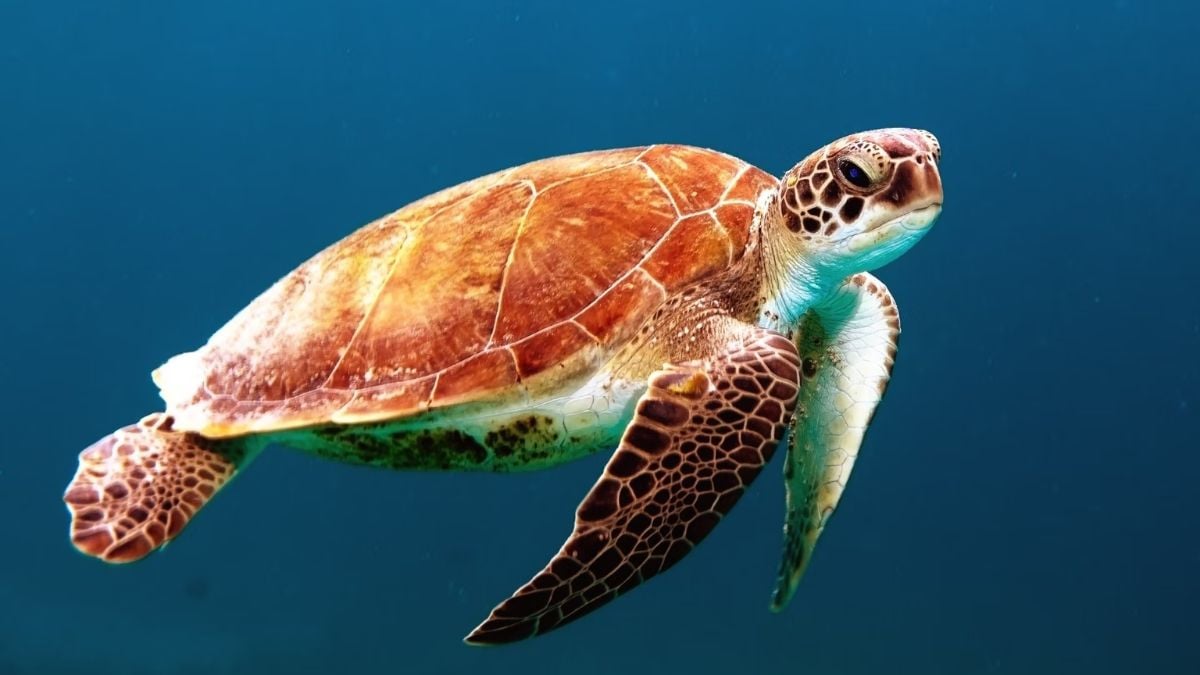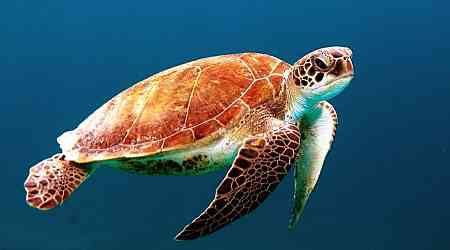Exposure to per- and polyfluoroalkyl substances (PFAS), often termed “forever chemicals,” is raising concerns over its impact on wildlife health. Recent research has uncovered significant health problems in freshwater turtles in Australia exposed to PFAS. These issues are not limited to adult turtles but extend to their hatchlings. PFAS, widely known for their persistence in the environment, have been found accumulating in the organs of these reptiles, potentially impacting their long-term survival and reproduction.
Study Reveals PFAS Impacts on Australian Turtles
According to a study published in Science of the Total Environment, researchers, led by David Beale, an environmental biochemist at the Commonwealth Scientific and Industrial Research Organisation (CSIRO), examined freshwater turtles (Emydura macquarii) from three locations in Queensland. These sites varied in PFAS contamination levels, with some showing high concentrations and others barely detectable. The study found that PFAS exposure disrupted metabolic functions in turtles and led to bioaccumulation in vital organs, including the ovaries, liver, kidneys, and heart.
In statements provided to Science News, Beale explained that hatchlings from lab-incubated eggs, derived from PFAS-exposed turtles, showed deformities such as scale abnormalities. He noted that contamination was transferred to offspring via fats and nutrients, raising alarms over generational health impacts.
Concerns Over Declining Juvenile Populations
Reports indicate that juveniles are missing in PFAS-contaminated sites. Beale suggested this could be linked to deformities making them vulnerable to predators or early mortality due to health issues. Differences in egg size and number were also observed, though direct connections to PFAS remain unconfirmed.
Experts Call for Urgent Action
Jean-Luc Cartron, a biologist at the University of New Mexico, expressed concern in his statement to Science News over these findings, emphasising the urgency to address ecological toxicity. He warned that delays in action could result in the loss of entire generations of wildlife.
The research team plans to expand studies to other species and regions, including crocodiles, frogs, and cane toads, to better understand the widespread impact of PFAS on wildlife.
































